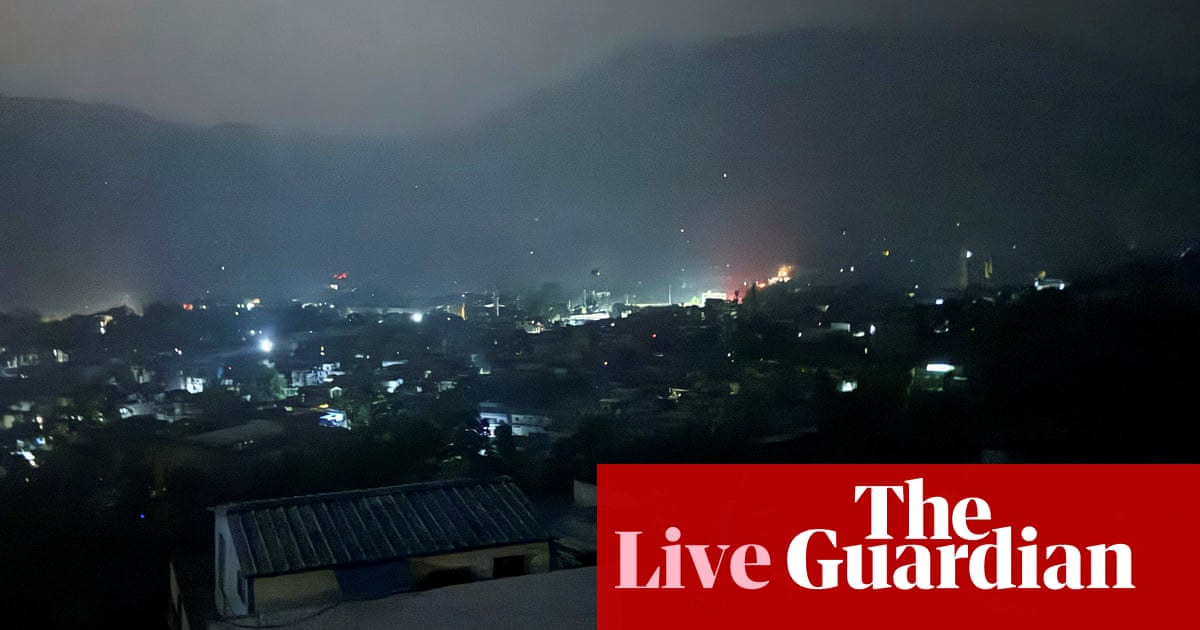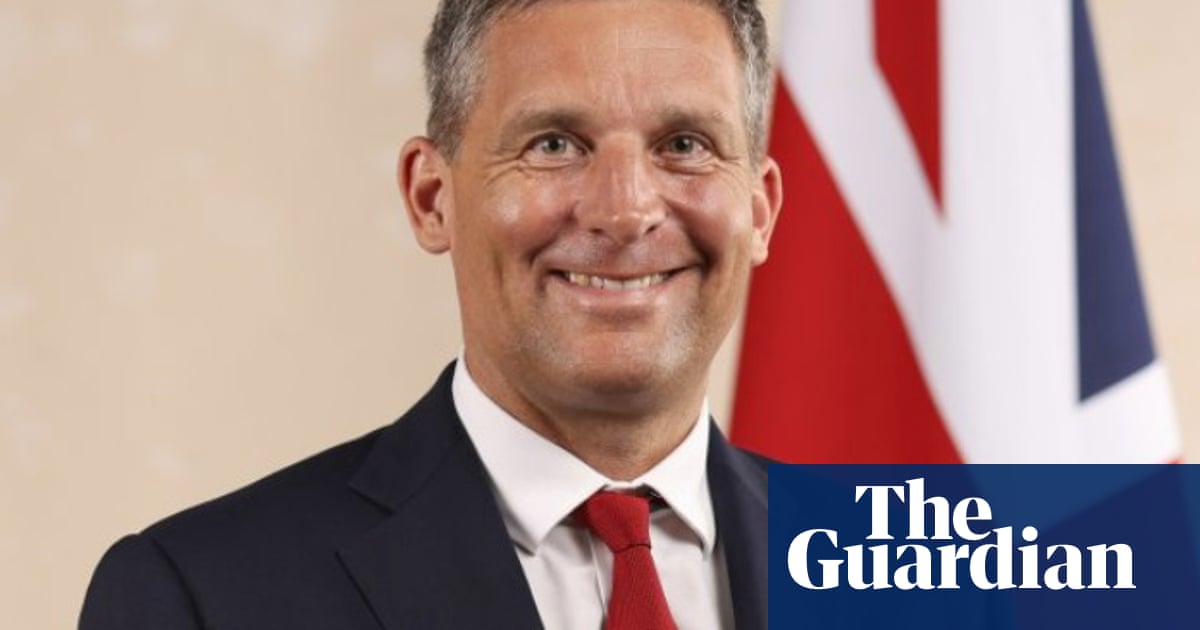New proposals to crack down on student visa applications in order to reduce asylum claims will make the financial crisis facing beleaguered UK universities “considerably worse”, the government has been told.
Ahead of the publication of an immigration white paper, there have been reports that student visa applications from nationalities considered likely to overstay and claim asylum in the UK could be targeted as part of a new government crackdown.
Vivienne Stern, the chief executive of Universities UK (UUK), which advocates on behalf of more than 140 institutions, said universities faced “a critical moment” and any new visa restrictions would limit their ability to recruit from abroad and further reduce income.
Universities have already seen a steep decline in recruitment of international students after earlier visa restrictions imposed by the last government – including limits on bringing family and dependents.
Latest reports suggest that people from countries such as Nigeria, Pakistan and Sri Lanka that apply to study or work in the UK will be earmarked for additional restrictions.
The government is working with the National Crime Agency to build models to profile applicants from these countries who are likely to go on to claim asylum. Nearly 10,000 asylum claimants who arrived in the UK legally on work or study visas were living in taxpayer-funded accommodation, such as hotels, at some point last year.
Stern said: “The immigration white paper is likely to restrict universities’ ability to recruit international students, and make a difficult financial situation facing the sector considerably worse.”
She also accused the government of trying to distract from the visa issue with a story about vice-chancellor pay, which said universities will be “named and shamed” if they hand out bumper pay packages while delivering poor outcomes for students.
According to the Times, the education secretary, Bridget Phillipson, is planning to publish league tables detailing pay at universities where large numbers of graduates do not go on to good jobs or further education.
A Whitehall source was quoted saying: “A hard rain is going to fall on universities that continue to be so blasé about executive pay increases while letting down students … The days of the unaccountable ivory tower are over.”
Stern defended vice-chancellors’ pay, saying they do difficult, complex jobs and salaries are not out of keeping with roles of a similar scale. She added: “It is a bit frustrating that the government has chosen to throw out this story as a distraction, when there are some really serious challenges to deal with.”
She said university leaders are operating in an increasingly difficult funding environment, due in part to the dwindling value of domestic tuition fees and fewer international students who pay higher fees. “We need government on the pitch and helping to stabilise universities, not engaging in distraction techniques.”
A UUK survey, conducted among 60 universities and published on Tuesday, found a quarter of universities have had to make compulsory redundancies, 49% have been forced to close down courses, 18% have closed entire departments and 19% have reduced investment in research.
Three in five (60%) of the institutions who took part have scaled back on repairs and maintenance, half (51%) have cut catering costs on catering, and 46% on reduced IT spending.
A Department for Education spokesperson said: “The secretary of state has been clear that, as part of wider reform of the system, there must be a renewed drive for efficiency in the sector, including much less wasteful spending.
“This government inherited a sector facing serious financial risk and remains committed to fixing the foundations of higher education to secure the sector’s long-term financial sustainability and deliver change for students.”

 4 hours ago
5
4 hours ago
5













































